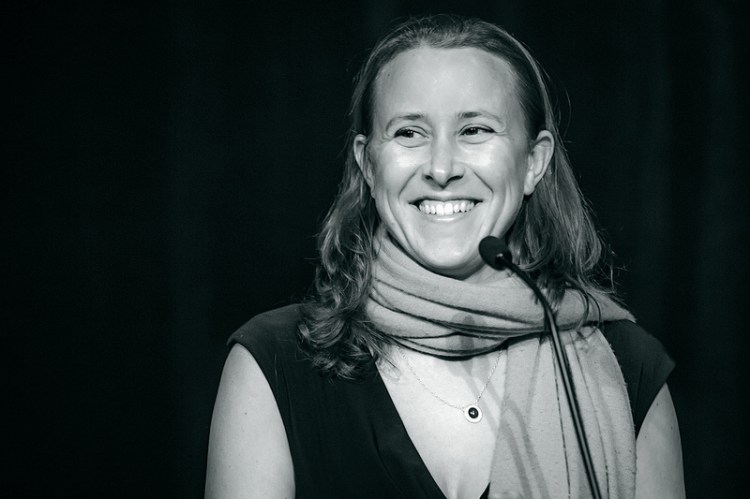We share everything on Facebook: our family photos, intimate thoughts, relationship woes.
Some of us even post our DNA.
Thousands of Americans are sharing results of genealogy tests on social media sites like Facebook, even posting their entire genome on GitHub and GenomesUnzipped.
But is it safe for patients to share DNA with a private company and then post test results on the Internet? That’s not so clear.
Genealogy companies like 23andMe that analyze your genetic data encourage this kind of sharing, and they say that it is safe. For just $99, you can send 23andMe a sample of your DNA, and it will send you a full report, replete with information about your health and ancestry, and give you options to share the data online and connect with people you might be distantly related to. It can also be used by prospective parents to determine the risk that their future offspring will inherit a genetic condition.
23andMe’s goal, according to its marketing materials, is to grow to one million customers by the end of the year. The company is compiling the world’s largest “genetic data resource,” its chief executive Anne Wojcicki recently said, to “address unanswered questions related to the contributions of genes, the environment, and your health.” Collecting your data and analyzing it en masse with others’ data is part of the company’s fundamental mission.
23andMe spokespeople and former employees I spoke with did not seem all that concerned about the possible privacy risks of sharing DNA data online.
“There are always risks, but people have to make their own decisions,” said 23andMe spokesperson Catherine Afarian in a phone interview. “People post all sorts of things without regard to consequences — it’s not an issue specific to genetics.”
Should you have the right to share genetic information?
23andMe’s basic premise, and its go-to response to privacy questions, is that people should have control over their own health data.
“It’s not entirely risk-free [to share test results on Facebook],” Afarian admitted. “But again, our mission is to give individuals choice over how their information is shared.”

Above: Geneticist and entrepreneur Dr. Dietrich Stephan
But Dr. Dietrich Stephan, a human geneticist, and the founder of Silicon Valley Biosciences, is concerned that people aren’t making informed decisions. Stephan lists several “unforeseen consequences” of sharing genetic information on the Web.
“If you were malicious, you could deny people health insurance or life insurance,” he said.
But when you share your DNA online, it’s not just your own information you are sharing. Because you share many genes with members of your family, you are potentially sharing their information too.
Even if you buy the argument that everyone should have control over their data, how about your brother’s data? Or your future offspring’s?
Dr. Stephan has been embroiled in this debate for years. He started Navigenics in 2007, a 23andMe rival that was acquired by Life Technologies Corp in 2012 (the final sum for this acquisition was never disclosed, but sources tell me that Navigenics struggled with its revenues.)
“It’s one thing to post your DNA on Facebook,” said Missy Krasner, executive in residence at Morgenthaler Ventures, who formerly worked at Google Health (Google Ventures and Google Corporate are investors in 23andMe) and consults at Box. “But you’re also invading the privacy of people you’re related to.”

